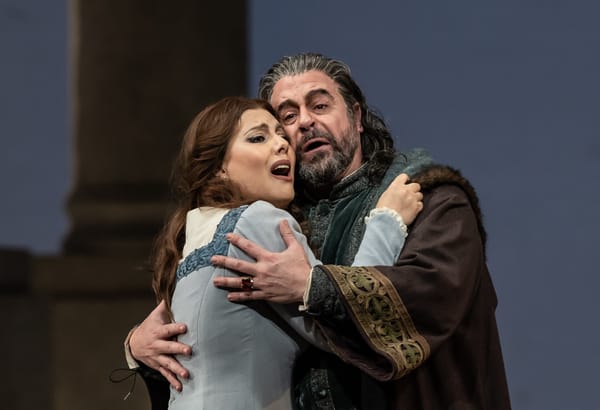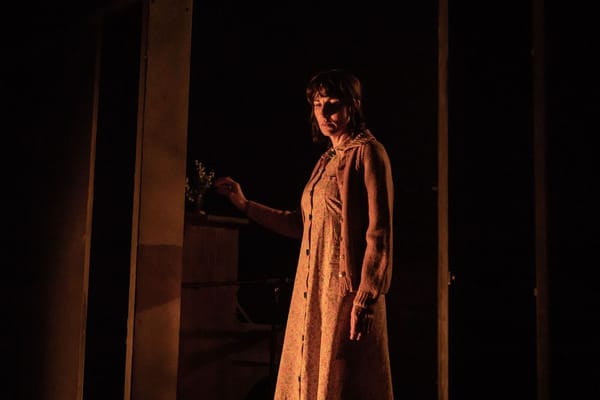Way down, Hadestown: a story of love, loss and wonder

Lights went off as soon as I took my seat. Jazzy Hermes filled the stage with snappy tunes and energy. He introduced Eurydice, Orpheus and the inevitable tragedy waiting to happen in Hadestown , the realm of Hades. A Greek myth transported to a post-apocalyptic Great Depression era setting, Hadestown by Anaïs Mitchell made me laugh, cry and wonder. Disguised as a love story, carefree Orpheus falls in love with strong willed Eurydice only to lose her again, and again, and again.
The story is about self-sufficient Eurydice who just craves warmth and food in the harsh cold winter. Orpheus who is madly in love with her wants to cater for her needs but all he can give her is his incomplete song. Hermes identifies this song as the song of the gods, and when Orpheus sings, his sweet melody makes flowers bloom and winter seem almost tolerable. Enchanted by this, Eurydice falls in love with Orpheus who in turn hurries to finish his song, so winter can end.
Tired of waiting, and with Hades and Persephone’s marital strife, Eurydice is approached by Hades who gives her the choice to sign off her soul to him, so she can work in his factory in the underworld. And she agrees. Terrible decision. The premise of the play is Orpheus’s adventure to save and bring back his girl.
Upbeat, energetic music being a personal favourite, nodding and tapping to the beat was inevitable. This was also true for the rest of my row. All performances were lively, with Persephone (goddess of vegetation and Hades’ wife), portrayed by Amber Grey, giving a sensational performance and bringing a contagious positive energy to every song.
The best part of the show was a routine done in the underworld when the miners chant about their treacherous working conditions and Persephone being aghast by the industrialism of Hadestown. The clever set design made it a spectacle because of the combination of the awe-factor and simplicity. Mining lights and a revolving platform conveyed the struggles and problems that everyone – god or sold soul – has.
I watched the show expecting to be surprised. And I was. The unpredictable turns kept me captivated and engaged (more than some lectures I sadly admit). There were times when the cast would stare into space, but it felt like they were looking straight at me so that I, too. was somehow involved. The overarching themes of unity, revolution and righteousness with the song ‘Why We Build the Wall’ are particularly relevant to our times.
The character portrayal of Orpheus felt like something was amiss. Orpheus had a boyband-ish persona which made him seem like an outsider in comparison to a well-knit, classical cast. Yet, somehow the beauty of the tragedy and the spectacular routines made this passable.
The lost love just showed how easily humans can complicate simple lives. We should all just live a little and worry less. Possibly by watching the play again, and again, and again.
-4.5 stars








